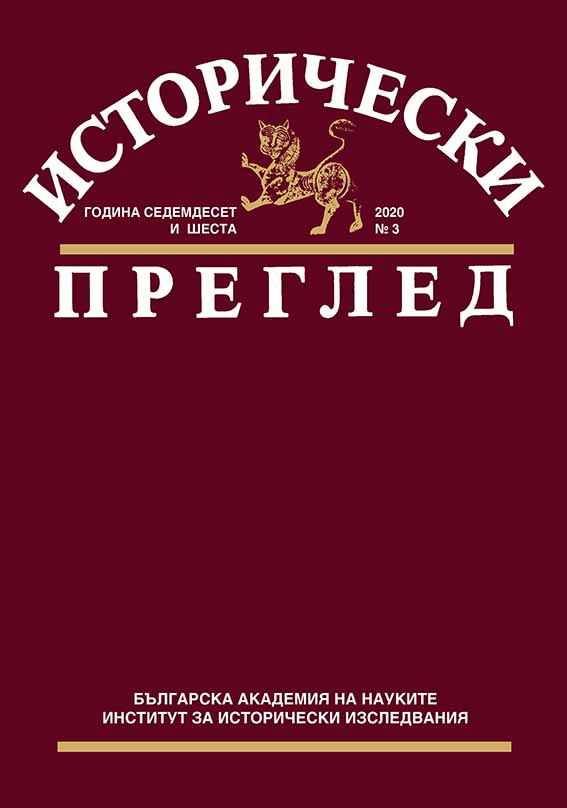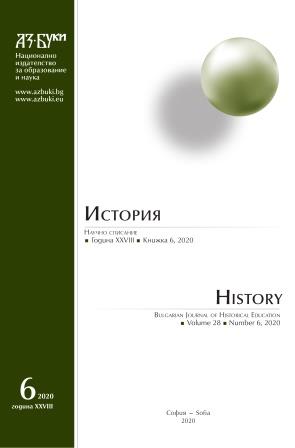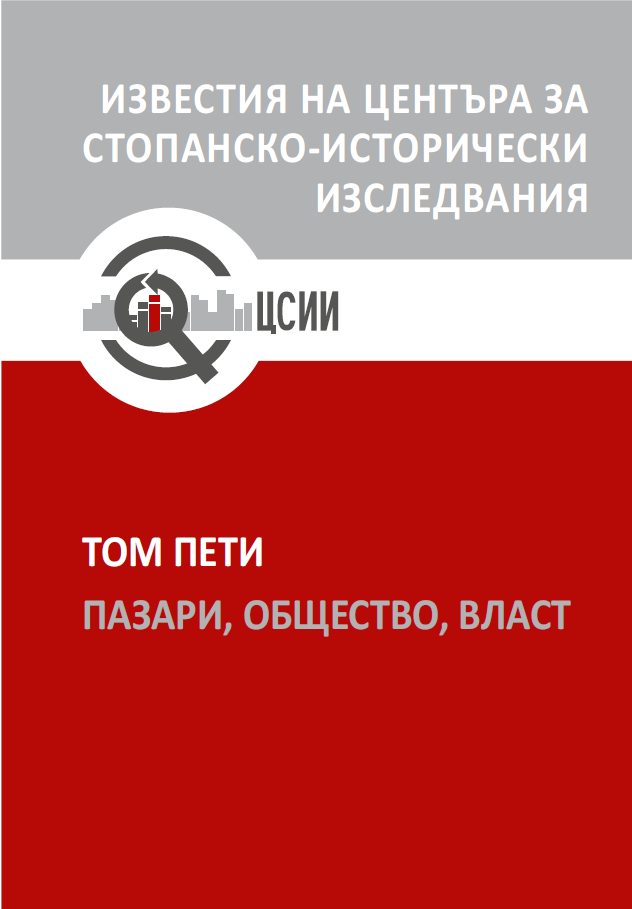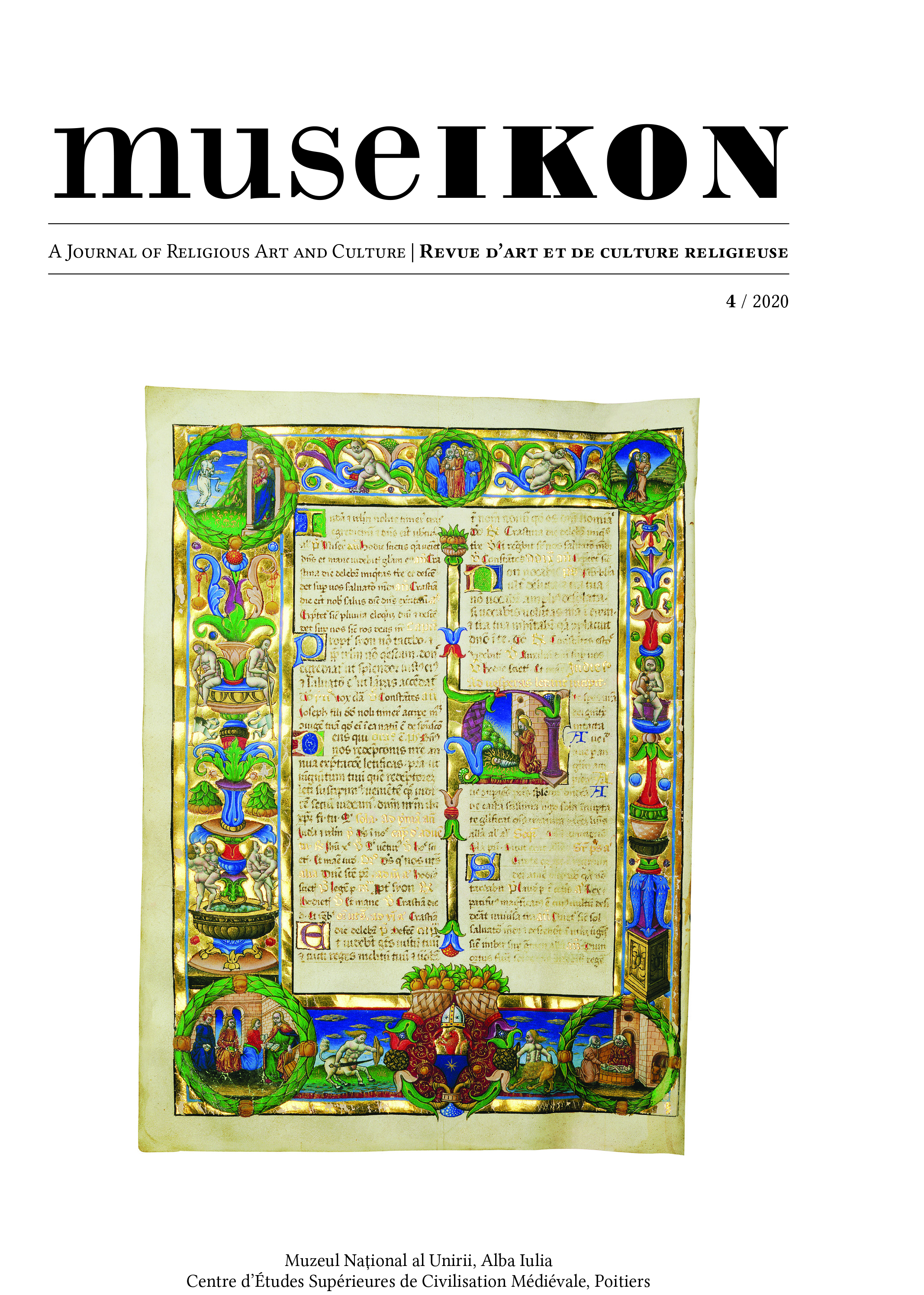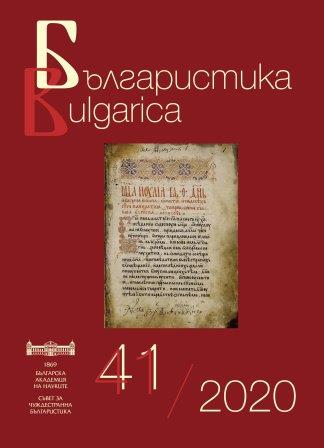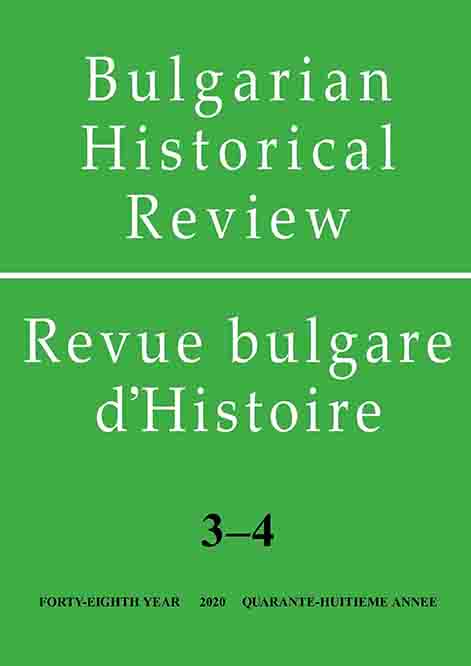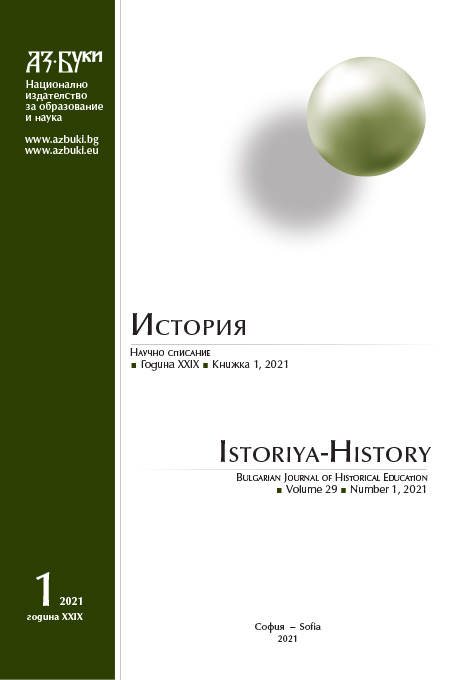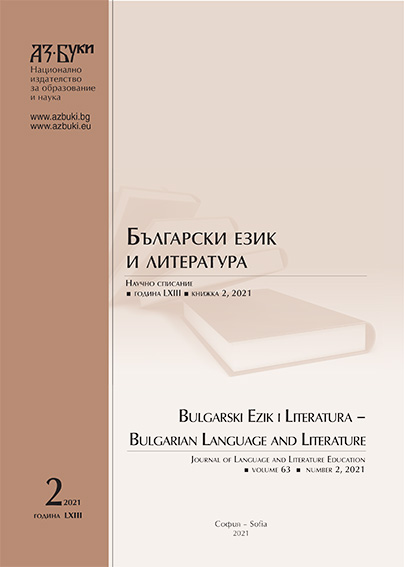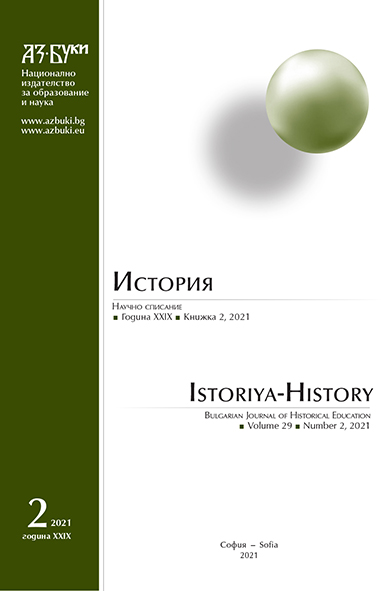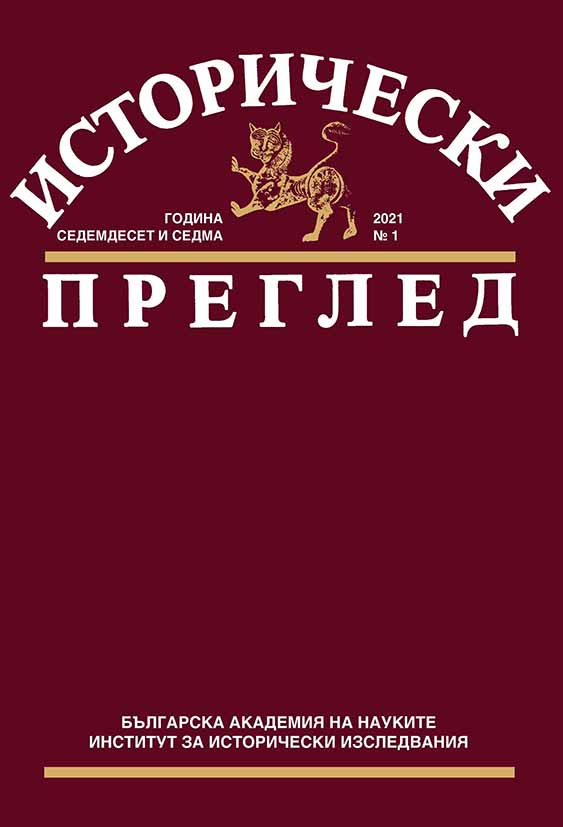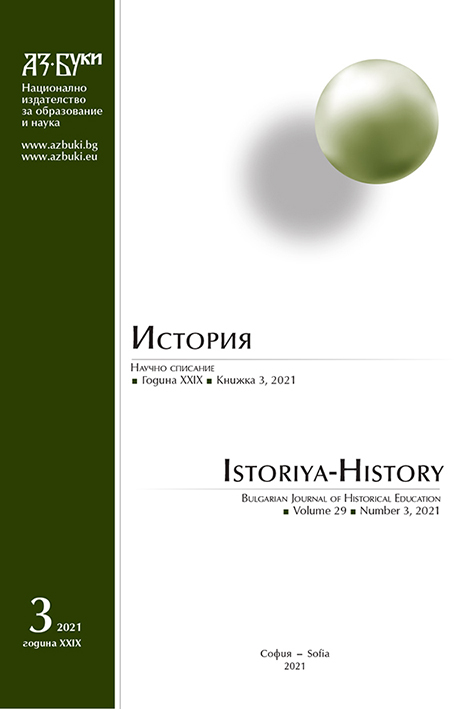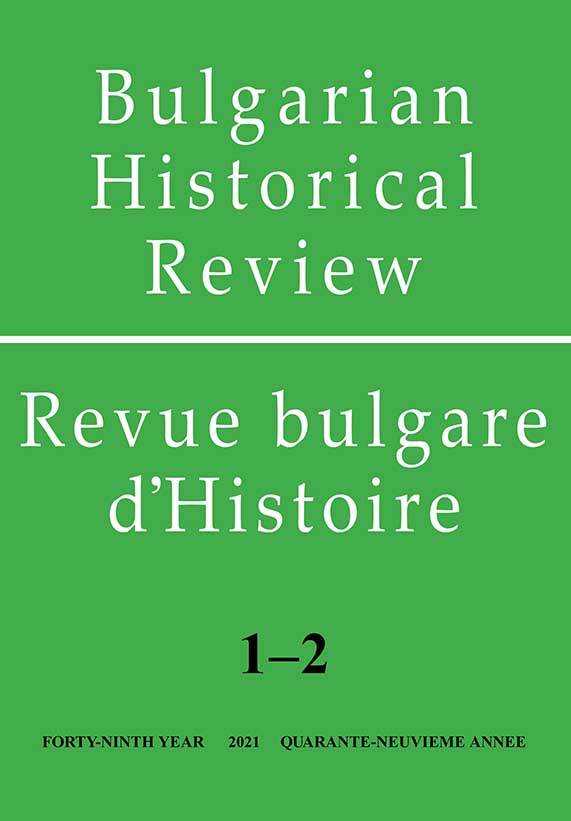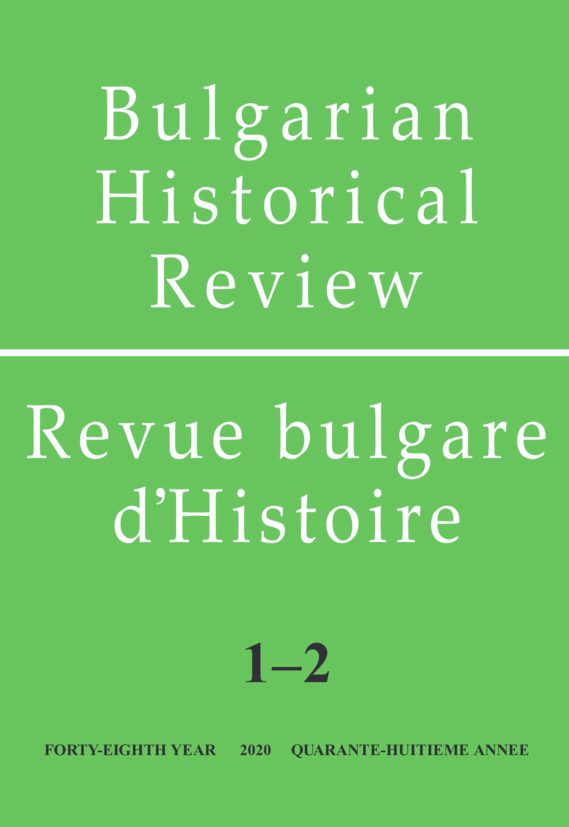
Historical Development of Teacher Training in Turkey
Education is the system that allows countries to look forward to the future in a strong, confident, and hopeful way. Teachers are the practitioners of education and teaching is a skill, a competence, moreover, it is a kind of art. Giving good education at schools, the success of the society in a country can be promoted with qualified teachers. Teacher training institutions play an important role in the education of well-equipped teachers. For this reason, by 2000s, many countries have focused on educational research, and the key of this research has become “more qualified teachers for better education”. Teaching requires great dedication, skill, patience and love. Teaching has their own rules, methods and practices. The most important source by 2000s is human resources. It is human intelligence that allows unlimited as it is processed. Teachers are the pioneers of education implementations. This study will focus on the historical development of teacher training in Turkey since the foundation of the Republic of Turkey. Economic losses in the following years in particular, led to a decline in the teaching profession and social status within society. Raising this declining prestige of the teaching profession is absolutely necessary for training good teachers and for recover its economic and social status first. The paper examines some of the inadequacies in education at the beginning of 2000s in Republic of Turkey, such as having less qualified educational operations except specific cities and schools; preventing the development of critical approach abilities because of the memorizing based education system; paying less sufficient attention in student abilities in the arranged education and training programs; training consumer people instead of productive people that is needed by society in the educational institutions; professional improvement problem because of education management. However, it can be said that many of these deficiencies are resolved today.
More...
